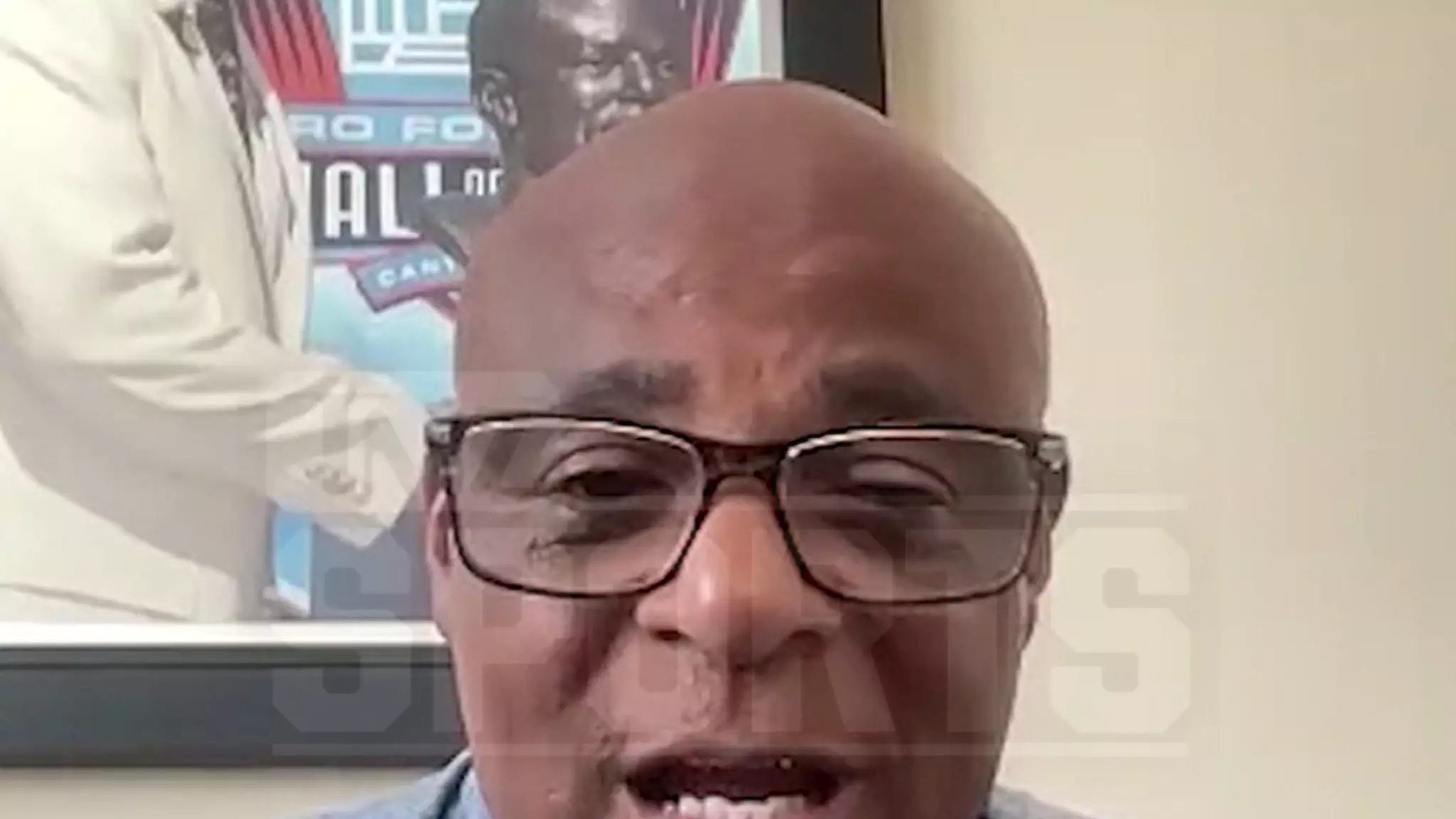The nature of professional football often leaves players grappling with the long-term effects of concussions and traumatic brain injuries. Recent discussions surrounding Tua Tagovailoa’s head injuries have amplified the conversation about player safety, forcing the issue into the spotlight. In this context, the insights shared by Hall of Famer Warren Moon gain paramount significance. Moon, whose illustrious career spanned from 1984 to 2000, revealed that he endured at least six diagnosed concussions during his time as a quarterback. However, this alarming statistic doesn’t seem to have translated into dire consequences for his health decades later.
Warren Moon’s reflections indicate a stark contrast between awareness in the past and the present. While Moon maintains a positive outlook on his health today, underscoring that he consistently passes neurological evaluations and feels mentally sharp, it begs the question: how did players of his era navigate concussions? During the 1980s and 1990s, concussions were often downplayed or misunderstood. For many, including Moon, the sport’s physical demands overshadowed the need for caution surrounding brain health. His light-hearted acknowledgment of being “out of my mind” reflects a collective bravado that defined many athletes in that period, often prioritizing toughness over self-preservation.
As Tagovailoa faces the reality of his third concussion, the emotional and mental strain of such injuries compounds the physical aspects. Moon’s perspective offers both caution and hope. He acknowledges the challenging decision Tua must make regarding his career trajectory, yet expresses optimism for his recovery period on injured reserve to reflect on what truly matters beyond football. The reality for today’s players is that they have more resources and a greater understanding of the implications of concussions, paving the way for informed choices about their futures.
Beyond sharing his personal experiences, Moon expands the dialogue by discussing the plethora of young quarterbacks in the league today. His assessments of players like Bryce Young and Russell Wilson suggest a deep understanding of the game’s evolution and its mental toll on athletes. As each quarterback faces their challenges, the nuances of their health become intertwined with their performance. This layered understanding in the current era is a testament to the growing conversation around mental health and well-being in sports.
Ultimately, Warren Moon’s journey from a celebrated quarterback to a health-conscious individual exemplifies both the possibilities and the lingering challenges that come with the sport. His optimism serves as a reminder that while the dangers of concussions are real, there remains hope for progress in player safety protocols and long-term care. As more veterans like Moon speak out, the future of football may be shaped not just by the athletes’ skill but by a commitment to prioritizing their health and well-being, promoting a safer environment for generations to come.

Leave a Reply